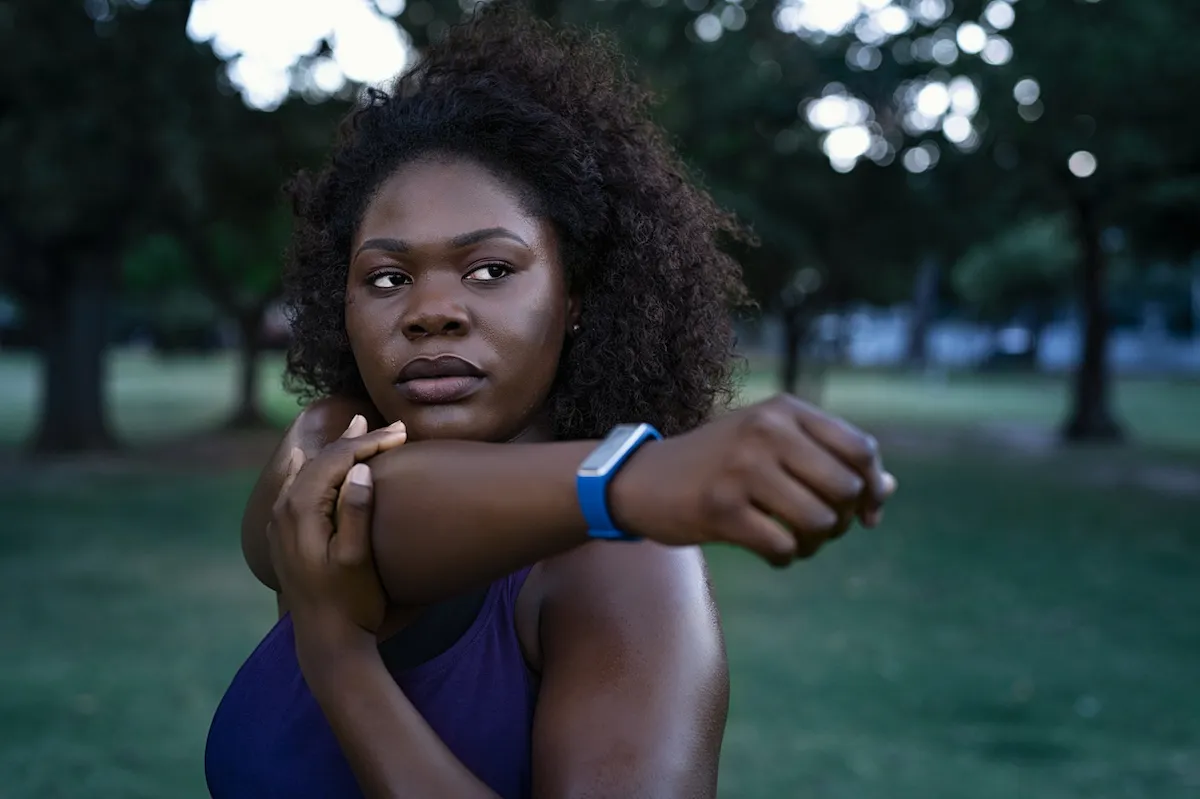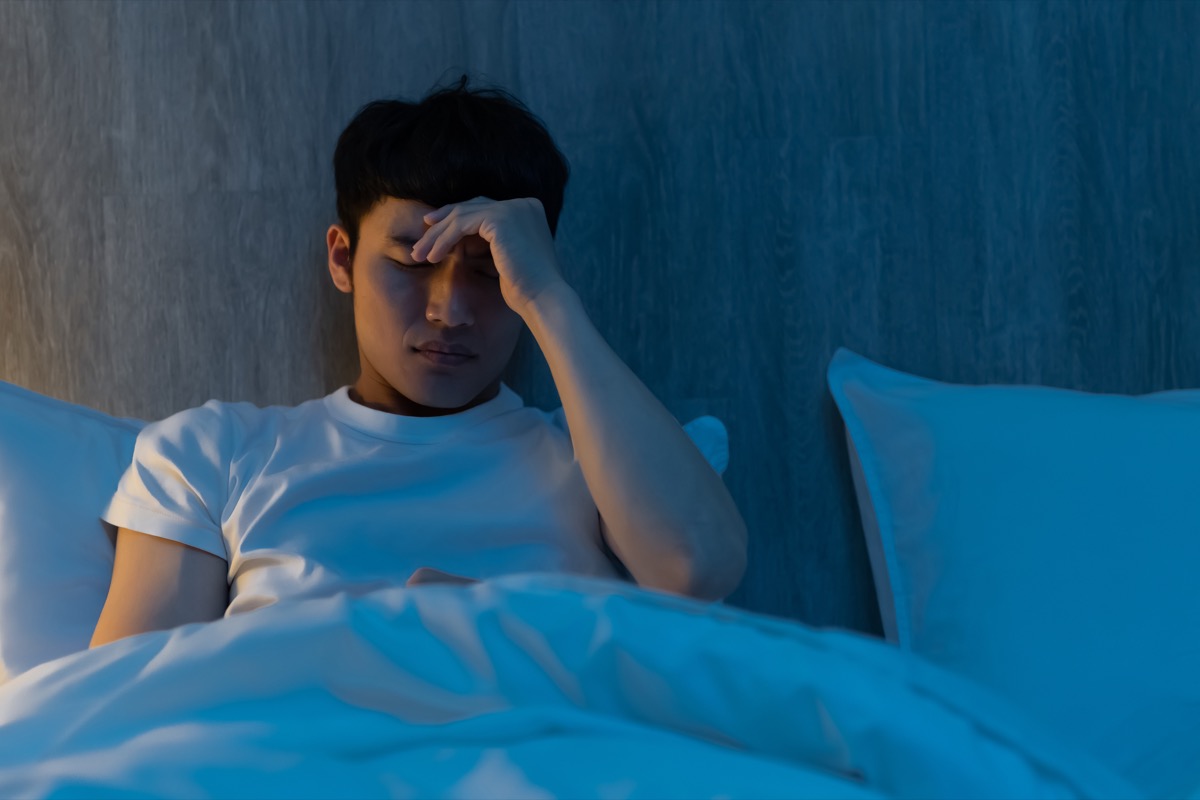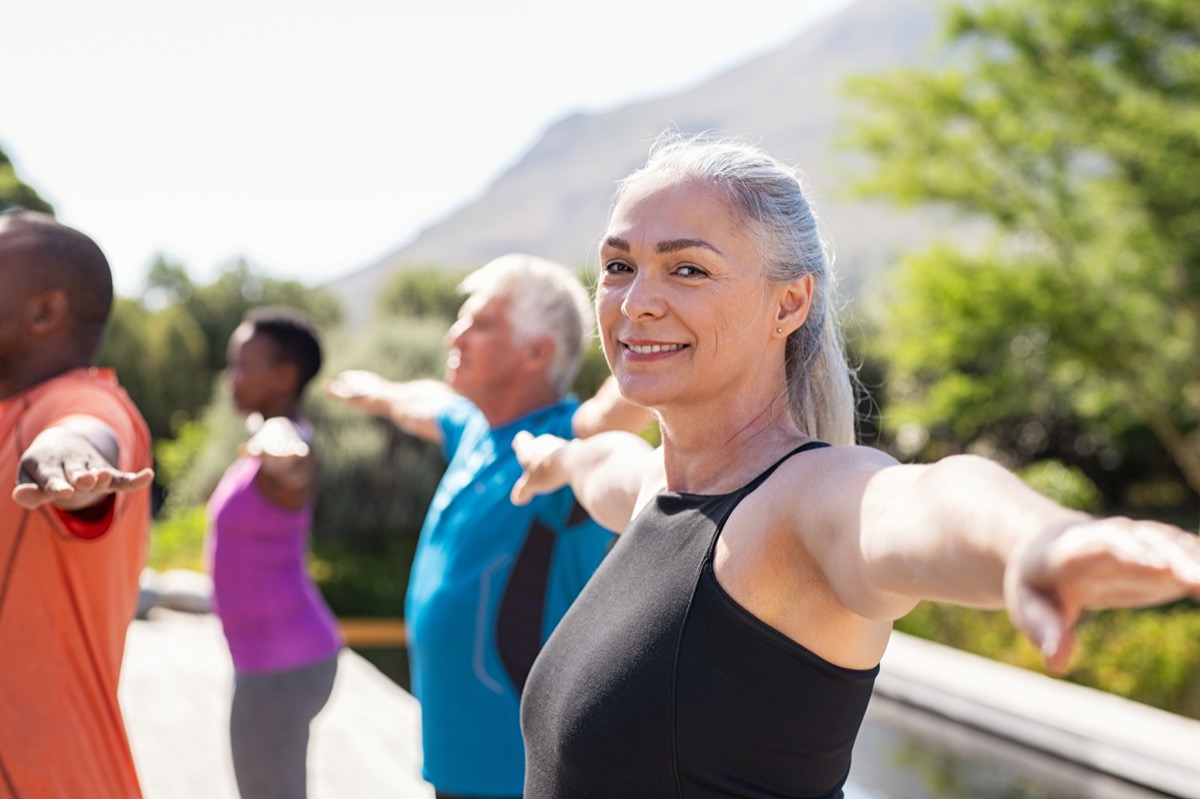“Working out in the morning is better because it’s easier to commit to and get done before the day’s responsibilities get in the way,” the experts at Heathline note. “In the evening, many people feel tired after work or school. It can be difficult to find motivation or time to exercise. Working out at night can also increase energy, making it hard to fall asleep.“ae0fcc31ae342fd3a1346ebb1f342fcb Indeed, an academic study from 2014 published in the European Journal of Applied Physiology found that the “physiological excitement” of exercising less than three hours before bedtime could disrupt your sleep cycle. “When you start to move, your heart beats faster to pump more blood to your muscles. This increases blood flow overall, including the blood flow to your brain—and greater blood flow to your brain increases energy and alertness,” nutritionist and exercise physiologist Gabbi Berkow, RD, told Health magazine. The experts at the National Sleep Foundation similarly advise that you shouldn’t work out less than an hour-and-a-half before bed because “your body and mind need that 90 minutes to cool down from a workout.” And for more exercise tips, check out 23 Easy At-Home Workouts Anyone Can Do. As well as the increased blood flow and cardio activity, exercise also triggers the release of hormones including adrenaline and norepinephrine. “These hormones increase your heart rate, energy, and metabolism—all of which are helpful during exercise, but not conducive to falling asleep,” explains Berkow. Longer term, the Cleveland Clinic warns that a lack of sleep can lead to everything from lack of alertness to impaired memory and high blood pressure to heart attack, potentially offsetting the benefit of all that exercise. And for more health tips delivered right to your inbox, sign up for our daily newsletter. If you do have to train late, make sure that you’re not having to wake up early the next morning, and allow yourself time to cool down mentally as much as physically. Try taking a hot shower, avoiding your phone screen and other sources of blue light, and eating a nutritious well-balanced meal to return your body to its resting state. And if you’re working out earlier, but still can’t get shuteye, check out If You Can’t Sleep, This Common Medication Could Be Why, Study Says. For adults aged 18-64 years old, the World Health Organization (WHO) recommends “at least 150–300 minutes of moderate-intensity aerobic physical activity” per week, or half that amount at a “vigorous intensity.” You should also do muscle strengthening exercises twice a week and limit the amount of time spent being sedentary. Despite this clear advice and a widespread knowledge of the benefits of exercise, the WHO estimates that internationally, “1 in 4 adults do not meet the global recommended levels of physical activity.” The result of this is that among insufficiently active people, the risk of death is elevated by 20 to 30 percent, while up to 5 million deaths could be averted each year worldwide if people exercised more. And if you want to start moving with something simple, get inspired by 25 Amazing Health Benefits of Walking.



